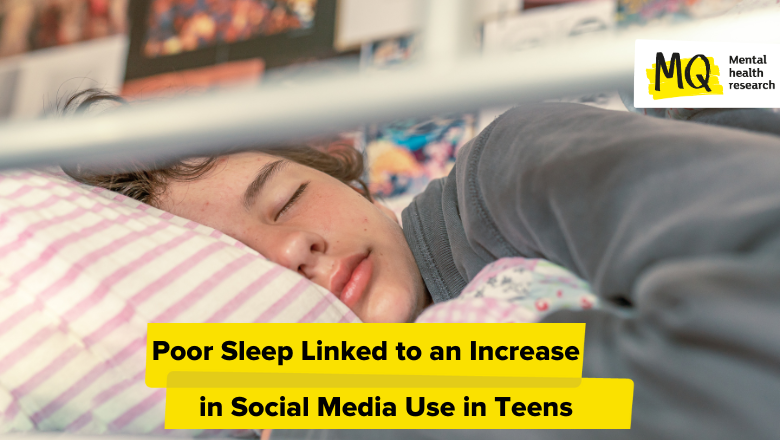A new study presented at the SLEEP 2024 annual meeting found a link between sleep duration, social media usage, and brain activation in areas responsible for executive control and reward processing in young people.
As a part of the Adolescent Brain Cognitive Development Study, the researchers analyzed data from adolescents aged 10-14 using questionnaires. They measured their brain activity using a functional MRI during a reward-processing task. The study used multiple models and adjusted for factors like age, the COVID-19 pandemic, and socio-demographic characteristics.
The study found that the frontolimbic regions of the brain, specifically the inferior and middle frontal gyri, played a significant role in how teens manage social media engagement and sleep.. The inferior frontal gyrus helps regulate engagement with rewarding stimuli like social media, whilst the middle frontal gyrus is crucial for decision-making related to balancing rewards from social media and sleep.
The research also found that teenagers who slept less than their counterparts tended to have a higher use of social media. The researchers also suggest that poor sleep and high social media use could alter neural reward sensitivity during adolescence, influencing brain development.
Dr Orsolya Kiss, a cognitive psychology researcher at SRI International, noted that understanding these interactions can help identify the risks and benefits of digital engagement on adolescent brain development.
The American Academy of Sleep Medicine (AASM) recommends 8-10 hours of sleep for teenagers and advises disconnecting from electronic devices 30-60 minutes before bedtime.
The need for good sleep is a global problem in modern life and has a significant health impact. Sleep is important for good physical and mental health and quality of life. But our modern 24-hour society with constant access to information and stimulation might contribute to insufficient sleep. There is considerable evidence that inadequate sleep causes a lot of adverse medical and mental anomalies.
Read more about the link between sleep and mental health in this blog.







